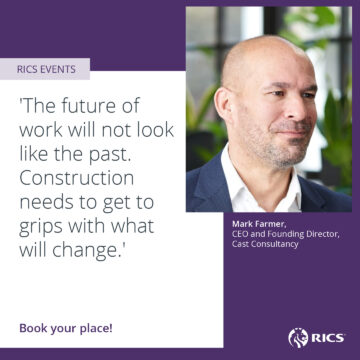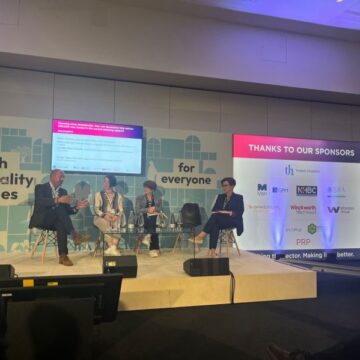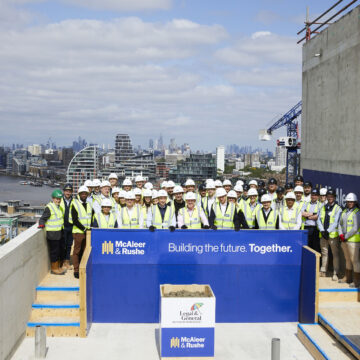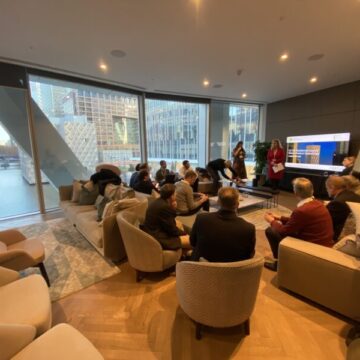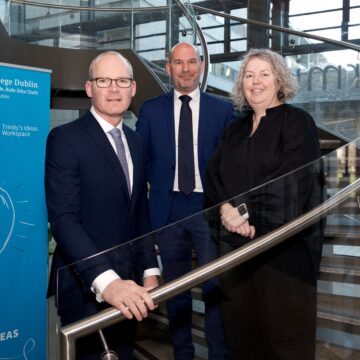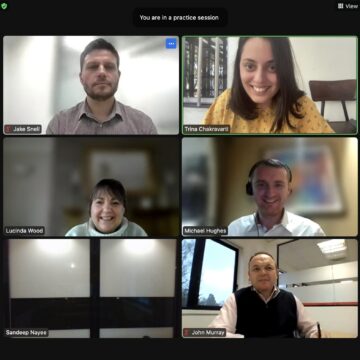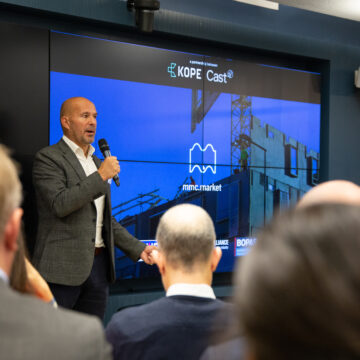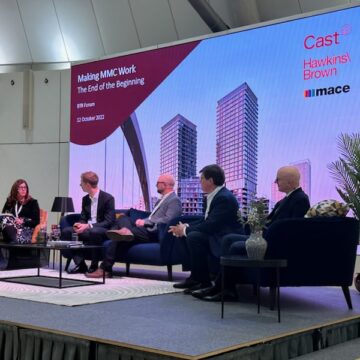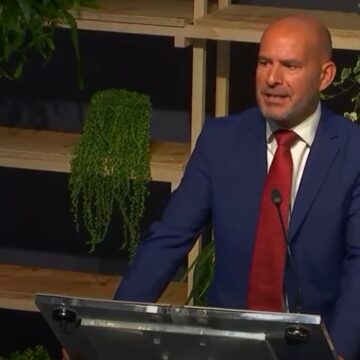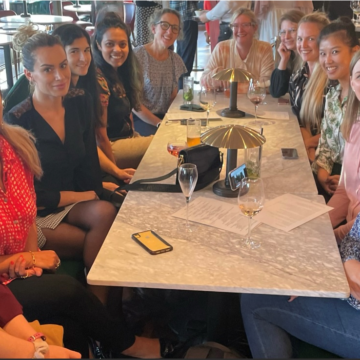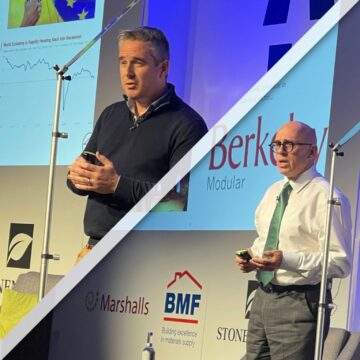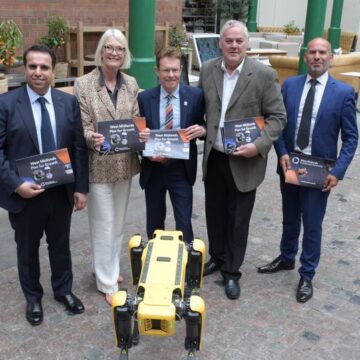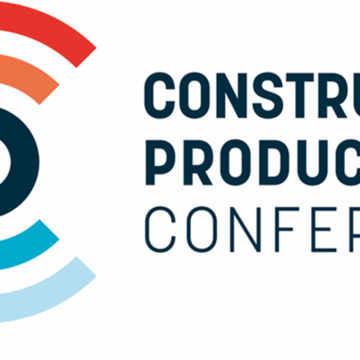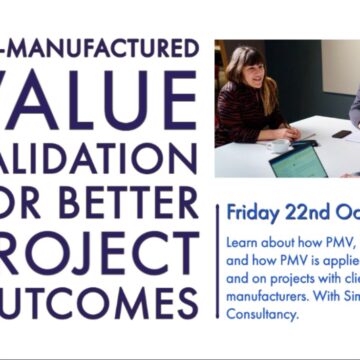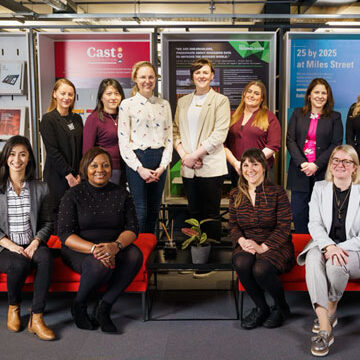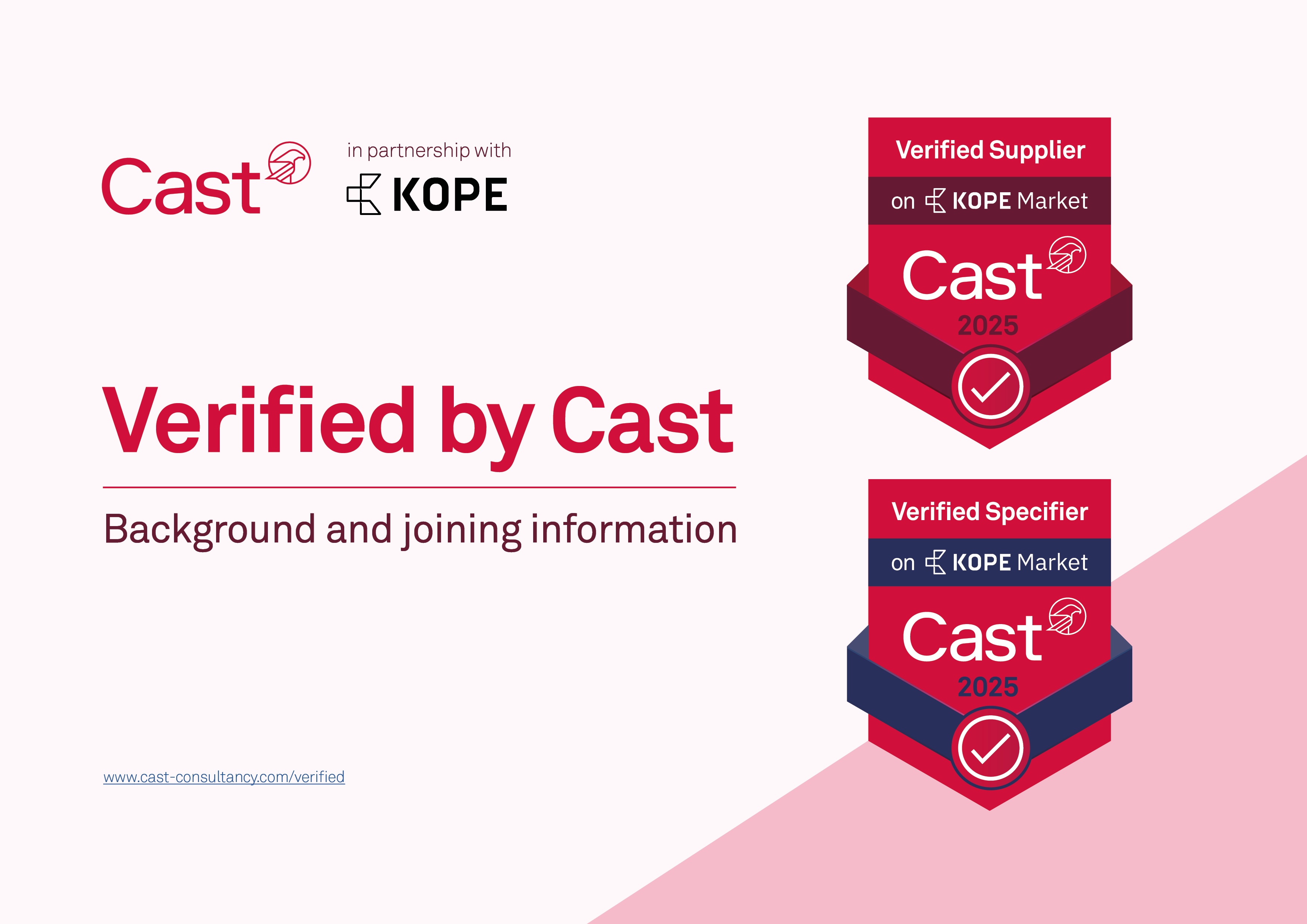I think I’ve made it clear to the industry on my travels over the last 2-3 years why I laid down the challenge to Modernise or Die. For me, the structural challenges we now face have only become more apparent in the period since I started ruffling feathers with what some still suggest is overblown rhetoric. Well, each to their own and ultimately everyone has to make their own decision here; you can’t force anyone or anything to change just by making people feel uncomfortable.
The stimulus for change has to often be a tangible sense that the risks of carrying on doing the same thing are greater than the risk of change. The pace at which businesses and organisations are recognising this in our industry is already being shown to vary dramatically with the usual adoption/innovation curve of innovators and early adopters. We are not yet at the early majority stage but I do sense we are creeping closer.
What is clear is that, of all of the parties that I aimed my challenge at back in 2016, it is the government that has perhaps reacted in the most tangible way. We have had an unprecedented period of government activity in the last 2 years looking to strategically support construction industry change, reflected in the Construction Sector Deal and the Transforming Construction initiative — all driven by core themes of digital, manufacturing and whole life performance. This has been usefully combined with bold moves by the central government to use its own infrastructure programme spending power to move towards a ‘presumption in favour’ of modern methods of construction. The proof will obviously be in the pudding and the Construction Innovation Hub Industry Board, of which I form part of, will be pushing hard to make sure procurement models enable, not inhibit, fresh thinking in our industry and promote the core themes already set out. We do not want strategic change stopped by anonymous procurement administrators, uninformed clients or lazy advisors conflating the lowest cost with the best value. I would have thought the Grenfell disaster would have changed procurement and buying behaviours but it simply hasn’t.
The brutal reality is that we can theorise about things like digital construction, offsite manufacturing, smart technology and circular economy thinking until the cows come home. There are clear signs of success where businesses or organisations are in the innovator or early adopter and are completely vertically integrated (ie they are their own ‘client’ with no reliance on transactional interfaces between land, design, manufacturing, construction and operations).
Take Berkeley Group, for example, who I believe will be a game-changer when their modular factory is up and running in 2020. If businesses are not ‘end-to-end’ integrated, like the aforementioned, then all of the positivity about looming change will be funnelled through the filter of existing human behaviours and competencies in all the disparate parts of our market – clients, buyers, consultants, main contractors, sub-contractors and suppliers.
What we need is a fundamental recalibration of how we work together in what is a uniquely fragmented industry. I hesitate to use the word ‘collaboration’ as it is overused and often is equally tarnished by ‘collaborative contracts’ repeating poor behaviours and poor outcomes. What we need is a fusion of digital and technology application across the whole spectrum of our industry and a move towards higher levels of pre-manufactured value, taking reliance away from in-situ final workforce construction labour intensity and crucially, we need a new framework to measure outcomes and value. This layered method has to be the premise of success, not the lowest price. This requires a fundamental re-education of all the key stakeholders and the right legislative and regulatory frameworks in place to help promote if not mandate it.
This brings me to my final point and the challenge I set out to the marketing professionals active in the construction industry whom I addressed at the CIMCIG event at the House of Lords on 16th May 2019. We need new thinking, we need new talent. Some existing industry workers will be able to change and re-skill from within but many others that will be the real vanguard of change are not yet working in our industry. We need to start winning the race for talent. We need to present a wholly refreshed image and narrative of what working in the built environment sector represents. Now is the time to build a CV that is spelt out over the skyline of our towns, cities and infrastructure and to work in a sector that is more of a creative industry, using technology to enable a new wave of designing and making which is precision engineered and manufactured. It’s time for an industry that will fundamentally help solve our planet’s sustainability crisis as well as the construction industry’s own labour resource sustainability crisis by adopting high productivity models. And this new industry shouldn’t simply base reward on lining the pockets of landowners, speculators or a small cohort of massively over-rewarded business management boards. Instead, it should be driven by customer satisfaction survey results, carbon measures or other whole life performance metrics.
The marketing profession has the ability to be a strategic force for good if it thinks big, comes together beyond corporate boundaries and helps creates a new built environment engagement and career campaign that connects with kids and schools from Key Stage 2, supported by a new approach to applied learning, competency development and career pathways and qualifications. My involvement in this area as a trustee of MOBIE has led me to believe this is the single most important plank of change that our industry needs to enable and realise the core sector deal themes. Let me be clear, it is not going to happen through most of the current well-intentioned but flawed industry initiatives which vary from having a Bob The Builder style mascot turning up at a school or going into a classroom and showing kids how to take off quantities from a drawing or how to build a brick wall.
A diverse, talented workforce of the future is what we need – future clients, planners, designers, economists, investors, technologists, makers, craftsmen, manufacturers and asset managers. Many will be doing things that we don’t currently do in the mainstream but we will eventually. In the interim, we need training to be multi-modal – both traditional and future-looking training modules sitting side by side to retain employability in a short to medium term diverse market of both innovative and risk-averse traditional employers. The work to make all of this happen should have started years ago. Let’s get organised now before it is too late.



